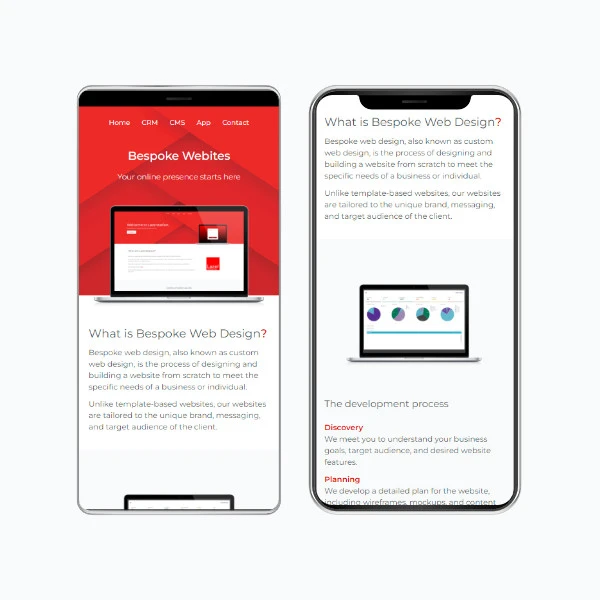

I'm looking for:

Mobile apps have become essential to modern technology. A mobile app or application is software designed to run on mobile devices such as smartphones and tablets. Unlike web apps accessed through web browsers, mobile apps run exclusively on mobile devices. They can be downloaded and installed from app stores.
There are primarily two types of mobile apps available: native apps and web apps.
Native apps are made for either iOS or Android, while web apps use web technologies. Native apps are more expensive to develop as you must create two software versions.
Small businesses can significantly benefit from having their own mobile app. Mobile apps can increase customer engagement and brand recognition, providing a direct channel to interact with potential and existing customers. It can also offer a personalised experience, allowing businesses to connect with customers more personally.
Mobile apps also offer a convenient platform for users to perform specific tasks and access personalised content offline without solely relying on an internet connection. Users can access the app's features and functionalities without navigating a web browser.
The cost of creating an app is influenced by several factors, such as the type of app, desired operating system compatibility, level of complexity, required programming language, and whether the app will be offline or incorporate progressive web technologies. Generally, web apps may be more affordable to develop than native apps since they are designed to run on any web browser across different desktop and mobile devices. However, the type of app – mobile, web, or desktop application – influences the cost. Native applications designed for specific devices cost more than web applications or desktop apps built to be more universal.
In addition to the initial development costs, app owners may need to consider ongoing expenses such as app maintenance, updates, server costs, and marketing efforts to promote their mobile or web applications.





